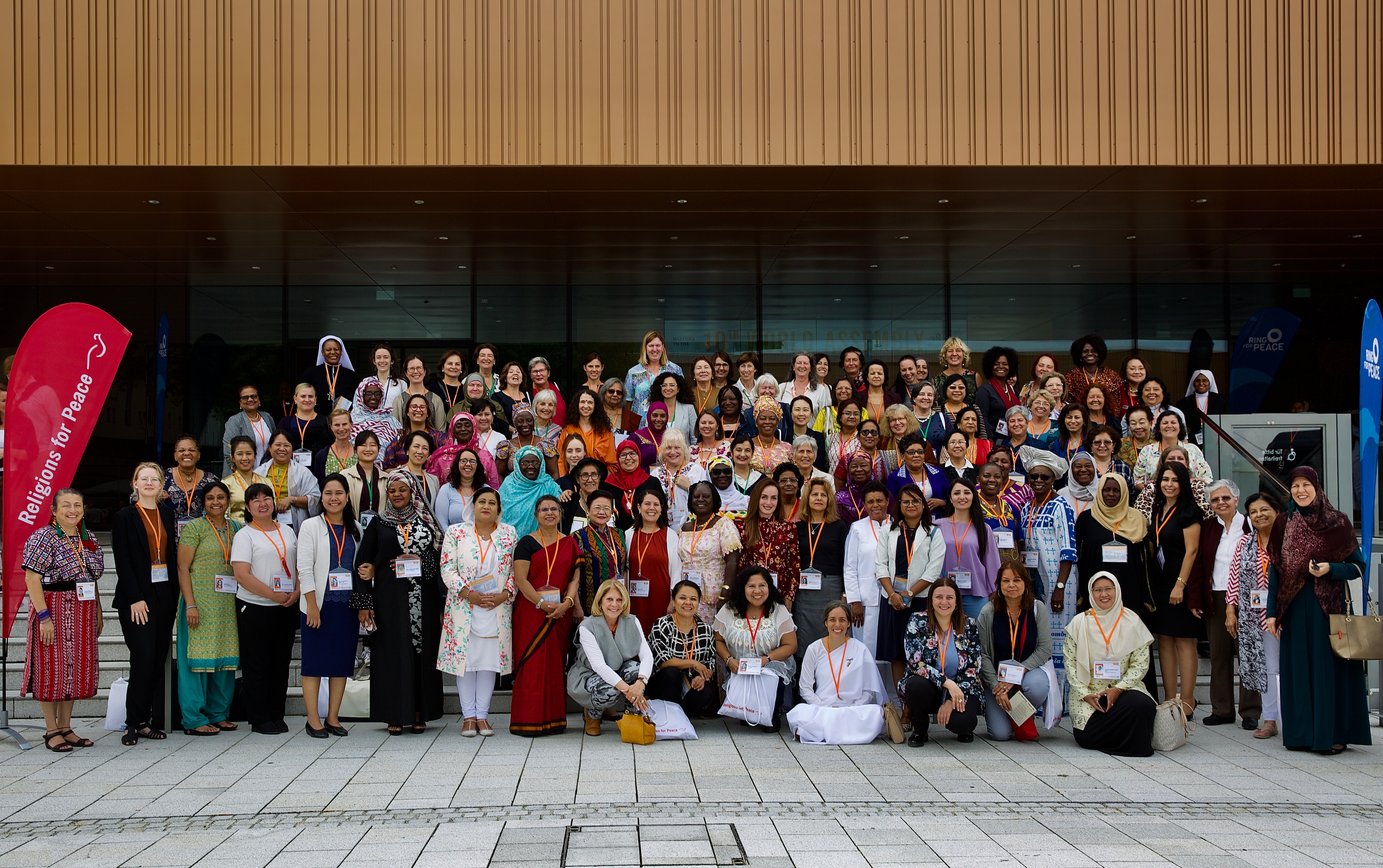Who we are
Ten World Assemblies

About Our World Assemblies
Every 5–7 years, Religions for Peace convenes a World Assembly to forge a profound moral consensus on contemporary global challenges, elect a new World Council, and advance multi-religious action across and beyond its network.
At the most recent Assembly in Lindau, Germany, over 1,000 senior religious leaders, youth, and women of faith from 125 countries were joined by 100 representatives from governments, intergovernmental organizations, and civil society groups to build multi-stakeholder partnerships for the common good.
United by a nearly 50-year legacy of peacebuilding, delegates affirmed a global alliance rooted in compassion, care, and collective action—committed to honoring religious diversity while working toward shared responsibility for peace, justice, and the well-being of all life on Earth.









